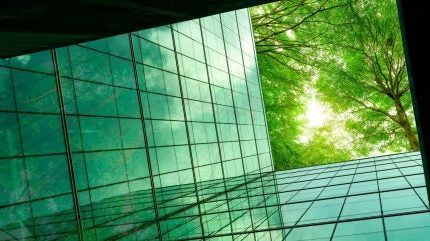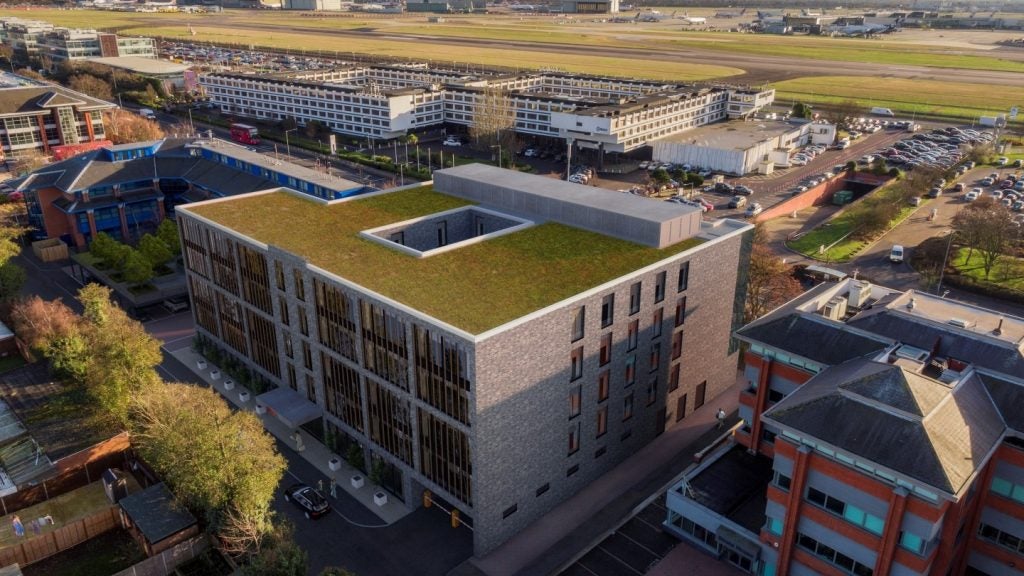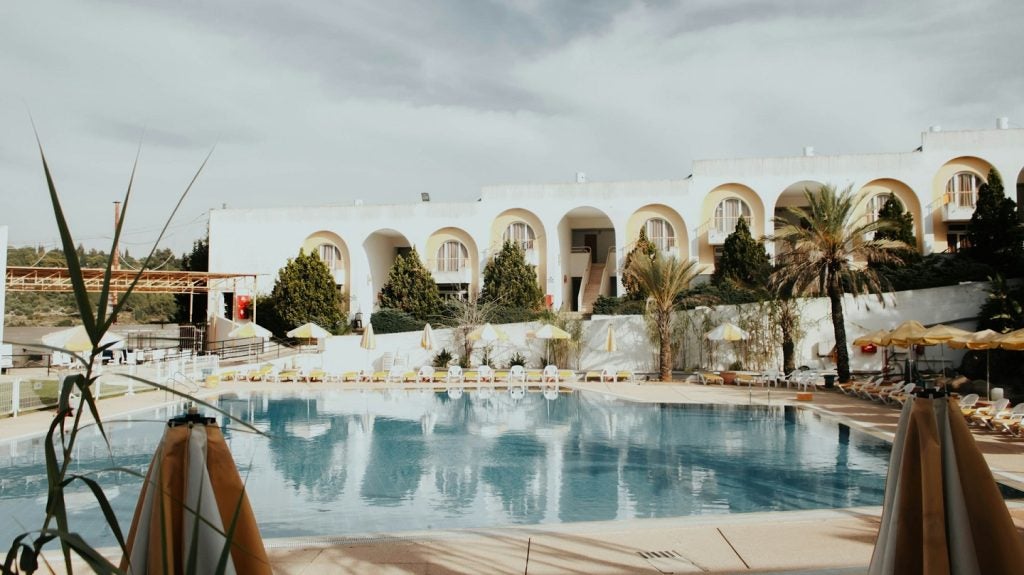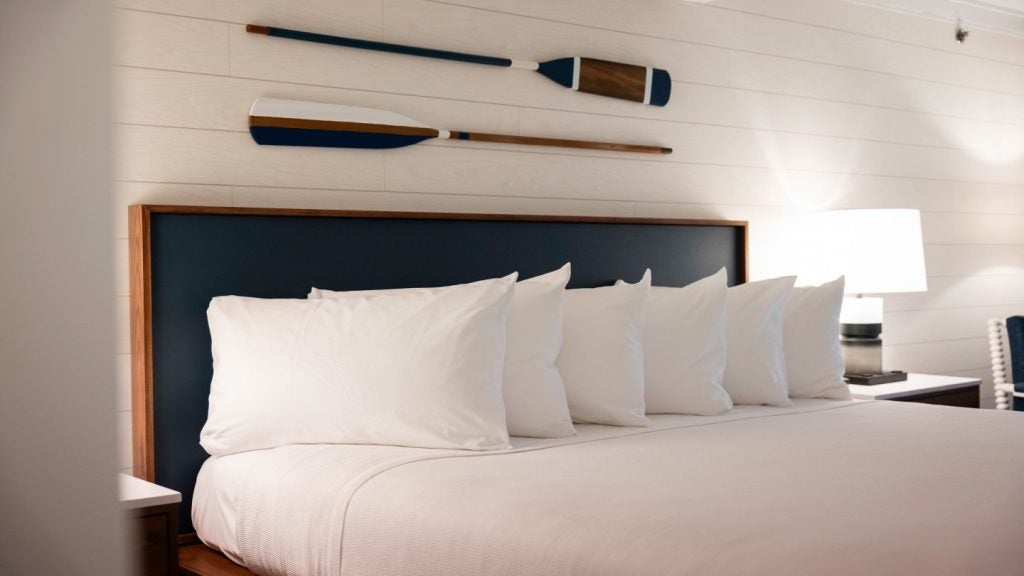
Sustainability is a growing concern in the hotel industry, with guests and investors alike demanding more environmentally friendly practices.
Hotel Management Network speaks with Milica Jevtovic, associate creative director at retail and hospitality interior design business Zebra, to explore the company’s approach to incorporating sustainability into hotel design.
A deep commitment to environmental responsibility
Jevtovic emphasises Zebra’s strong commitment to sustainability: “We believe that our choices today in the materials we specify and the products we choose have a profound impact on the environment and the generations of tomorrow.”
The company champions this philosophy through “realistic and tangible activities,” believing that material choices significantly impact the environment.
It recognises that sustainable design is not just good for the planet, but also for the company’s long-term success.
Prioritising sustainable practices
Jevtovic acknowledges that budget can sometimes be a constraint, but Zebra prioritises eco-friendly practices.
How well do you really know your competitors?
Access the most comprehensive Company Profiles on the market, powered by GlobalData. Save hours of research. Gain competitive edge.

Thank you!
Your download email will arrive shortly
Not ready to buy yet? Download a free sample
We are confident about the unique quality of our Company Profiles. However, we want you to make the most beneficial decision for your business, so we offer a free sample that you can download by submitting the below form
By GlobalDataEducating clients on sustainable options is a key step.
Zebra emphasises using locally sourced materials and finishes, alongside energy-efficient LED lighting, smart heating, ventilation and air conditioning systems, and water-conserving appliances.
Challenges and regional considerations
While showcasing a fully “green” hotel in the Middle East market is not quite ready to happen, Jevtovic sees a growing awareness of energy and water conservation, alongside waste reduction.
“But that said, people are being a bit more conscious in the Middle East now in how to save energy and be more conscious about water and the measurement of the amount of waste that we’re producing,” said Jevtovic.
Climate is a major consideration, and Zebra collaborates closely with landscape teams and architects to create appropriate shading solutions for both guest rooms and public areas.
Collaboration is key
Jevtovic highlights the importance of integrated design, where all parties – architects, engineers, and builders – work together from the very beginning.
“I think that when all consultants get together and identify the sustainable goals that we want to achieve or the strategies, that is the best way of doing things, whether that’s MEP [mechical, electrical and plumbing], materials that are being used, certain types of technology that the client is keen on,” she explains.
This collaborative approach ensures sustainable principles are embedded throughout the construction process.
From space planning and building positioning to sun and wind studies, every step is crucial for fostering energy-efficient interiors.
“Even space planning, even when we get together with the architects, starting from the beginning, the way that they’re positioning the buildings, the way that we’re positioning landscape and swimming pools, incorporating the sun studies, the wind studies; it’s very important for our project because it helps a lot in interiors.”
Adapting to evolving regulations and guest expectations
Regulations and guest expectations around sustainability are constantly evolving. Zebra addresses this by continually adapting its design approach.
Jevtovic acknowledges varying guest preferences and the company is actively exploring automation and smart technologies such as occupancy sensors for air-conditioning (AC) and lighting management systems.
“We are trying to automise systems more and more, using smart calculations to work out when AC needs to be on, for instance, but also with lighting, harnessing the capabilities of lighting management systems whether that is in guestrooms, corridors or other public spaces to save energy.”
Building management systems is another area of focus, further integrating sustainability into hotel environments.
By prioritising locally sourced materials, energy-efficient technologies and collaboration throughout the design and construction process, Zebra is helping to create hotels that are not only beautiful but also environmentally responsible.







